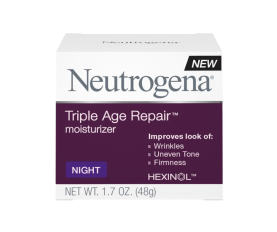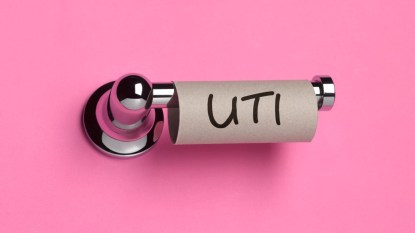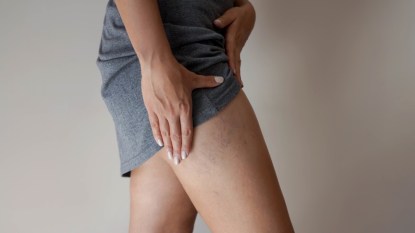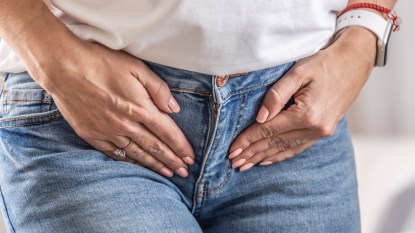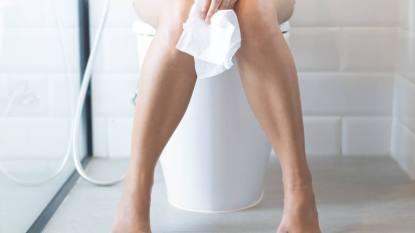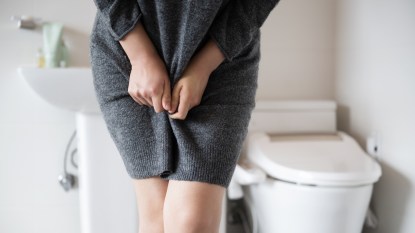Do I Really Need a Hysterectomy?: Expert Health Advice for Women Over 40
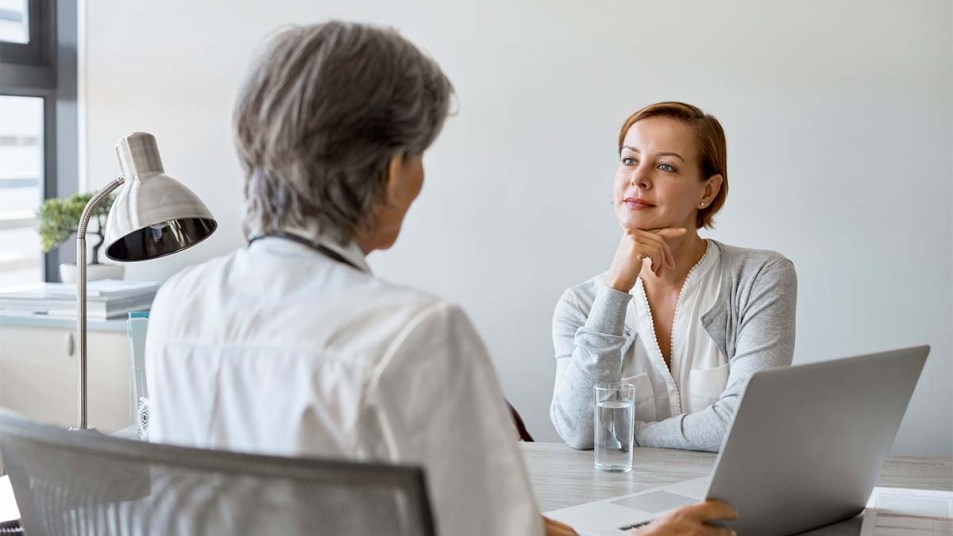
Getting a second medical opinion is always a good idea when you’re unsure whether to undergo a surgical procedure like a hysterectomy. That’s why we put a reader’s question about hysterectomies to an expert. Here, Barbara DePree, MD, gives her expert advice on this procedure and some alternative ways to find relief from painful period symptoms!
Q: I have heavy periods that can last for 10 days, with bloat, cramps, and pain. My doctor diagnosed me with a condition called adenomyosis. I tried the pill with no relief, and now she’s recommending a hysterectomy — but I’m 45 and that seems extreme. Is there anything less invasive that will help?
A: Absolutely! As you know, adenomyosis occurs when the uterine lining (endometrium) becomes trapped within the wall of the uterus, causing it to thicken and triggering painful, heavy periods. It’s similar to endometriosis and is often diagnosed during perimenopause, when fluctuating hormones bring on symptoms. The pill is often effective for thinning the uterine lining and relieving symptoms, but it doesn’t work for everyone. And although the condition can disappear after menopause, the risk of anemia along with the other disruptive symptoms you report does merit treatment — but I agree that a hysterectomy is extreme.
In fact, a study in the American Journal of Obstetrics & Gynecology found that hysterectomies are overused as a treatment — especially in perimenopausal women. An effective solution: a Mirena intrauterine device (IUD), which is placed in your uterus by your doctor during an office visit and remains there for five to seven years. Unlike other IUDs, this one slowly releases the hormone progestin, which thins the uterine lining to ease symptoms. And it works: One study reported that women using Mirena reduced the amount of bleeding by 80 percent after four months and by 95 percent after one year.
In the meantime, I suggest taking warm baths or using a heating pad to relieve cramps and reduce pain. Over-the-counter anti-inflammatories (ibuprofen or naproxen) can also help.
Put FIRST to work for you!
Barbara DePree, MD, is a gynecologist in private practice and director of Women’s Midlife Services at Michigan’s Holland Hospital. A Certified Menopause Practitioner, she is the founder of MiddlesexMD.com, an educational resource for women’s sexual health in perimenopause and beyond. To ask her a question, send an email to health@firstforwomen.com.
This article originally appeared in our print magazine, First For Women.

